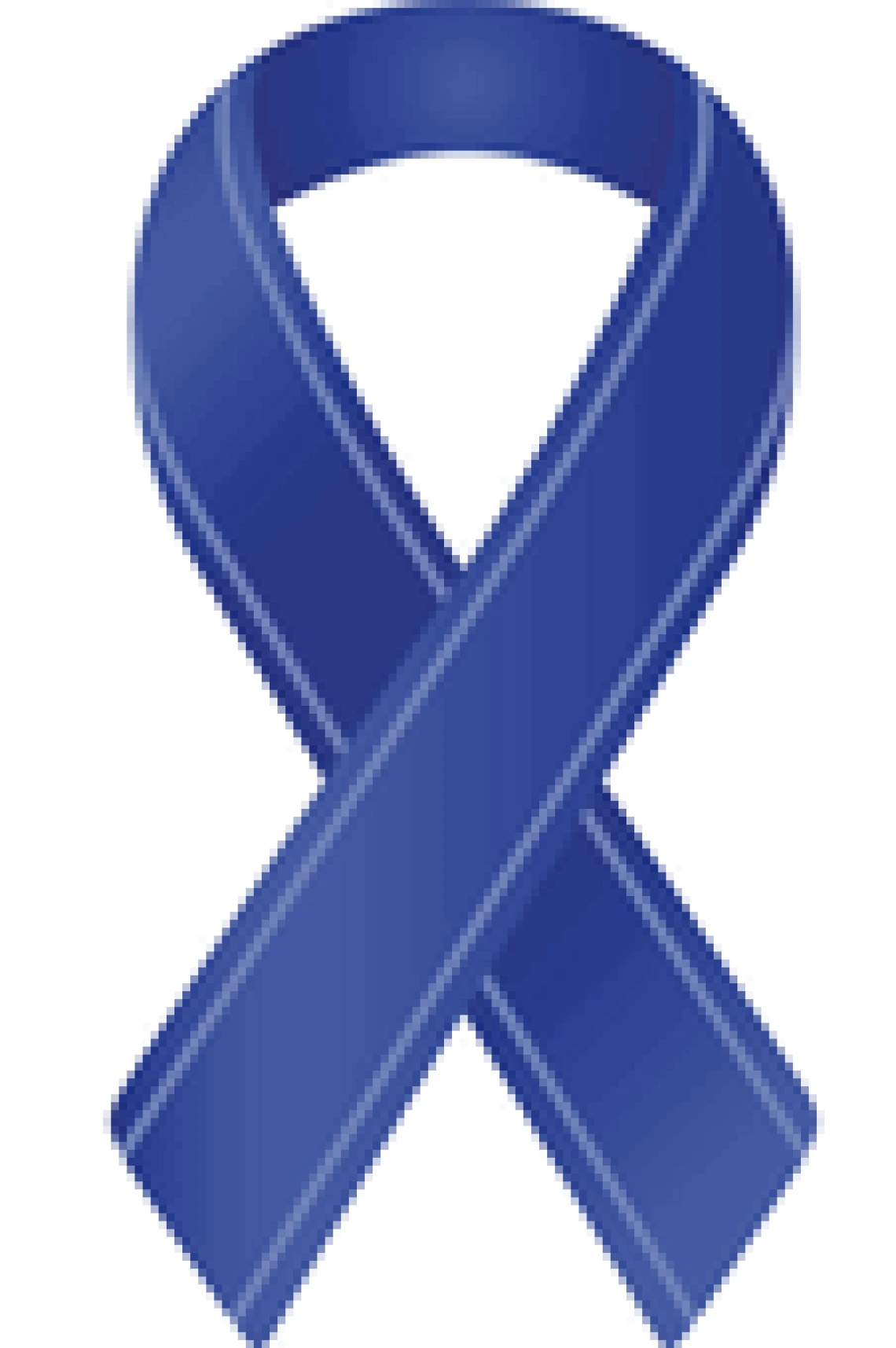Research study tests weight loss program for female colorectal cancer survivors

The University of Arizona Cancer Center is one of a small number of centers nationwide conducting a National Cancer Institute-funded research study offering nutrition counseling and free membership to a weight loss facility to help women who have had colon or rectal cancer reach a healthy body weight in one year.
There are currently more than 600,000 female colorectal cancer survivors in the US, and it is estimated that over half of these women are overweight. Despite clear recommendations to increase their physical activity, only about one-third of cancer survivors engage in the recommended 30 minutes of moderate intensity physical activity at least five days per week.
An estimated 57 percent of women diagnosed with colorectal cancer survive at least 10 years after their diagnosis. Recent data suggest that women with a lower body mass index (BMI
Women who volunteer for the study will get nutritional counseling over the phone for 12 months to trim their calorie intake and will get access to a local facility to participate in a fitness program at least three times per week. The fitness program features bidirectional, pneumatic resistance-training exercise combined with low-impact aerobic exercise for 30 minutes, a combination that may be more manageable for women who would hesitate to try more traditional types of cardiovascular exercise.
Results from the Women’s Healthy Eating and Living Randomized Trial suggested that the protective effect of a diet high in vegetables, fruit, and fiber and low in fat may be limited to women who also engage in higher levels of physical activity. And moderate-intensity physical activity has been shown to reduce the risk of colorectal cancer recurrence and lower mortality rates.
To date, the majority of lifestyle modification studies among cancer survivors have tested either a dietary intervention or a physical activity intervention. An editorial in the 2007 Journal of Clinical Oncology discusses the promise of combining physical activity and dietary interventions to improve cancer outcomes. Study S1008 is the first long-term intervention study of post-treatment cancer survivors to take this combined approach.
The S1008 study is being conducted by the SWOG cancer research cooperative group, part of the NCI’s National Clinical Trials Network. The UA Cancer Center is a key member of the SWOG consortium. To learn more about the study, contact Niyuri Fleming, clinical research specialist at UACC, at nfleming@uacc.arizona.edu or 520-694-9079.
SWOG is a cancer research cooperative group that designs and conducts multidisciplinary clinical trials to improve the practice of medicine in preventing, detecting, and treating cancer, and to enhance the quality of life for cancer survivors. The more than 4,000 researchers in the group’s network practice at more than 500 institutions nationwide, including 24 of the National Cancer Institute (NCI)-designated cancer centers, as well as cancer centers in almost a dozen other countries. Formerly the Southwest Oncology Group, SWOG is supported primarily through NCI research grant funding. The group is headquartered at the Oregon Health & Science University in Portland, Ore., and has an operations office in San Antonio, Texas, and a statistical center in Seattle, Wash. Learn more at swog.org.
- Jan. 22, 2014

